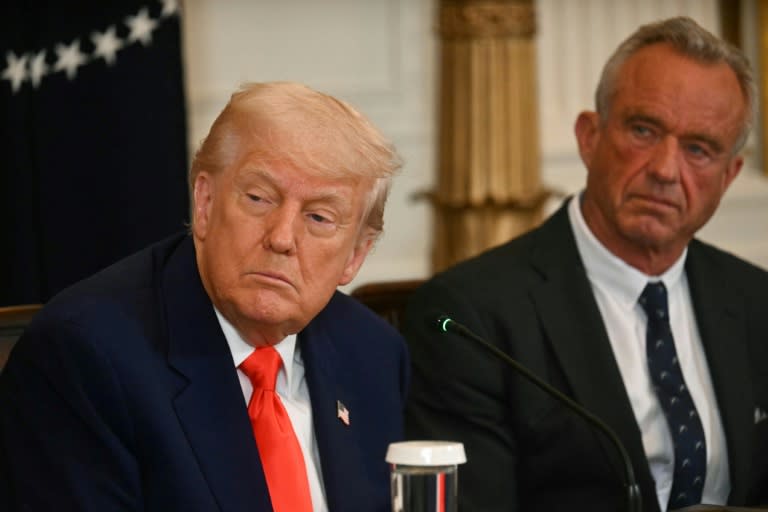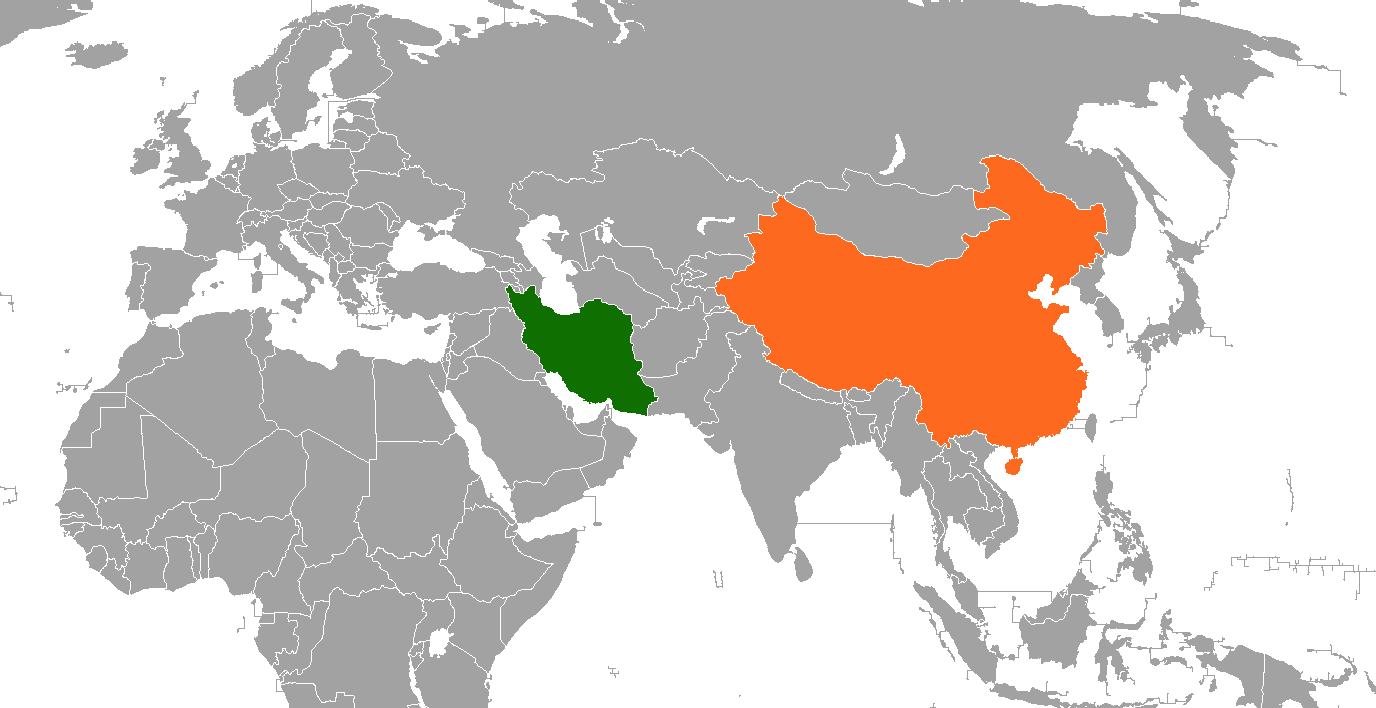In recent years, Nayib Bukele, the millennial president of El Salvador, has captured global attention—not just for his aggressive crackdown on gangs, but for his authoritarian tendencies, social media savviness, and growing list of powerful admirers. Among them is former U.S. President Donald Trump, who has repeatedly praised Bukele’s heavy-handed tactics, calling him “a great guy” and “the cool dictator.”
But behind Bukele’s carefully crafted image—a leather-jacket-wearing, Bitcoin-promoting strongman—lies a darker reality: the erosion of democracy, mass human rights abuses, and the consolidation of power under the guise of security. How did this self-styled “world’s coolest dictator” rise to prominence, and why does he resonate so deeply with Trump and other populist leaders?
From Outsider to Strongman: Bukele’s Political Ascent
Nayib Bukele’s rise was anything but conventional. A former marketing executive and mayor of San Salvador, he positioned himself as an anti-establishment outsider, railing against the corruption of El Salvador’s traditional parties, the leftist FMLN and the conservative ARENA. In 2019, he won the presidency in a landslide, becoming the first leader in decades not from either of the two dominant parties.
At first, Bukele’s promises of transparency and modernization resonated with a population weary of corruption and violence. But his populist rhetoric soon gave way to authoritarian actions.
The Gang Crackdown and Suspension of Rights
Bukele’s defining moment came in 2022 when he declared a “state of exception” following a surge in gang violence. The crackdown, known as the “war on gangs,” led to the arrest of over 75,000 people—nearly 2% of El Salvador’s adult population—with many detained without due process.
While the policy initially enjoyed widespread support (homicides plummeted), reports of torture, arbitrary arrests, and deaths in custody soon emerged. Human Rights Watch and Amnesty International have condemned the mass incarcerations, with many innocent people—including minors—swept up in the dragnet.
Yet, Bukele’s approval ratings soared, hovering around 90%. His message was simple: security at any cost.
The Authoritarian Playbook: Silencing Critics
Bukele’s tactics mirror those of other populist strongmen:
-
Attacking the press: He has repeatedly targeted independent journalists, labeling them “criminals” and using state resources to harass them.
-
Packing the courts: In 2021, he sent armed troops into the Legislative Assembly to pressure lawmakers into replacing judges with loyalists.
-
Constitutional manipulation: After his party gained a supermajority, he pushed through reforms allowing him to run for consecutive re-election—despite constitutional bans.
By dismantling checks and balances, Bukele has effectively turned El Salvador into a de facto one-party state.
Why Trump Loves Bukele
Donald Trump has long admired authoritarian leaders—from Vladimir Putin to Viktor Orbán—but his praise for Bukele stands out. Here’s why:
1. The “Law and Order” Appeal
Trump built his political brand on promises of cracking down on crime and unrest. Bukele’s brutal but effective gang crackdown fits Trump’s narrative that harsh measures are necessary to restore order—even if they trample civil liberties.
2. Media Dominance and Populist Showmanship
Both leaders excel at bypassing traditional media and speaking directly to their base. Bukele, like Trump, relies heavily on social media (especially Twitter/X) to shape his narrative, dismissing critics as “fake news.”
3. Disdain for Democratic Norms
Trump’s attempts to overturn the 2020 election and his attacks on the judiciary mirror Bukele’s power grabs. Both see institutions as obstacles to their rule.
4. Bitcoin and Anti-Establishment Branding
Bukele’s embrace of Bitcoin as legal tender (despite massive losses) aligns with the anti-establishment, anti-central banking rhetoric popular among some of Trump’s supporters.
The Global Strongman Trend
Bukele is part of a growing wave of 21st-century autocrats—leaders who maintain a veneer of democracy while eroding its foundations. Like Hungary’s Orbán, Turkey’s Erdoğan, and India’s Modi, he combines populist rhetoric, social media manipulation, and institutional capture to stay in power.
His success has made him a model for right-wing leaders across Latin America, where crime and corruption fuel demands for iron-fisted rule.
The Dangerous Legacy
While Bukele has reduced violence in the short term, his long-term impact on democracy is alarming. By normalizing extrajudicial detentions, media suppression, and unchecked executive power, he sets a dangerous precedent.
El Salvador’s experiment may soon be replicated elsewhere—especially if leaders like Trump return to power, eager to adopt Bukele’s playbook.
Conclusion: A Warning for Democracies
Nayib Bukele’s rise is a case study in how populism can morph into authoritarianism. His methods may deliver short-term gains, but at what cost? As Trump and other leaders praise his rule, the world must ask: Is security worth sacrificing freedom?



